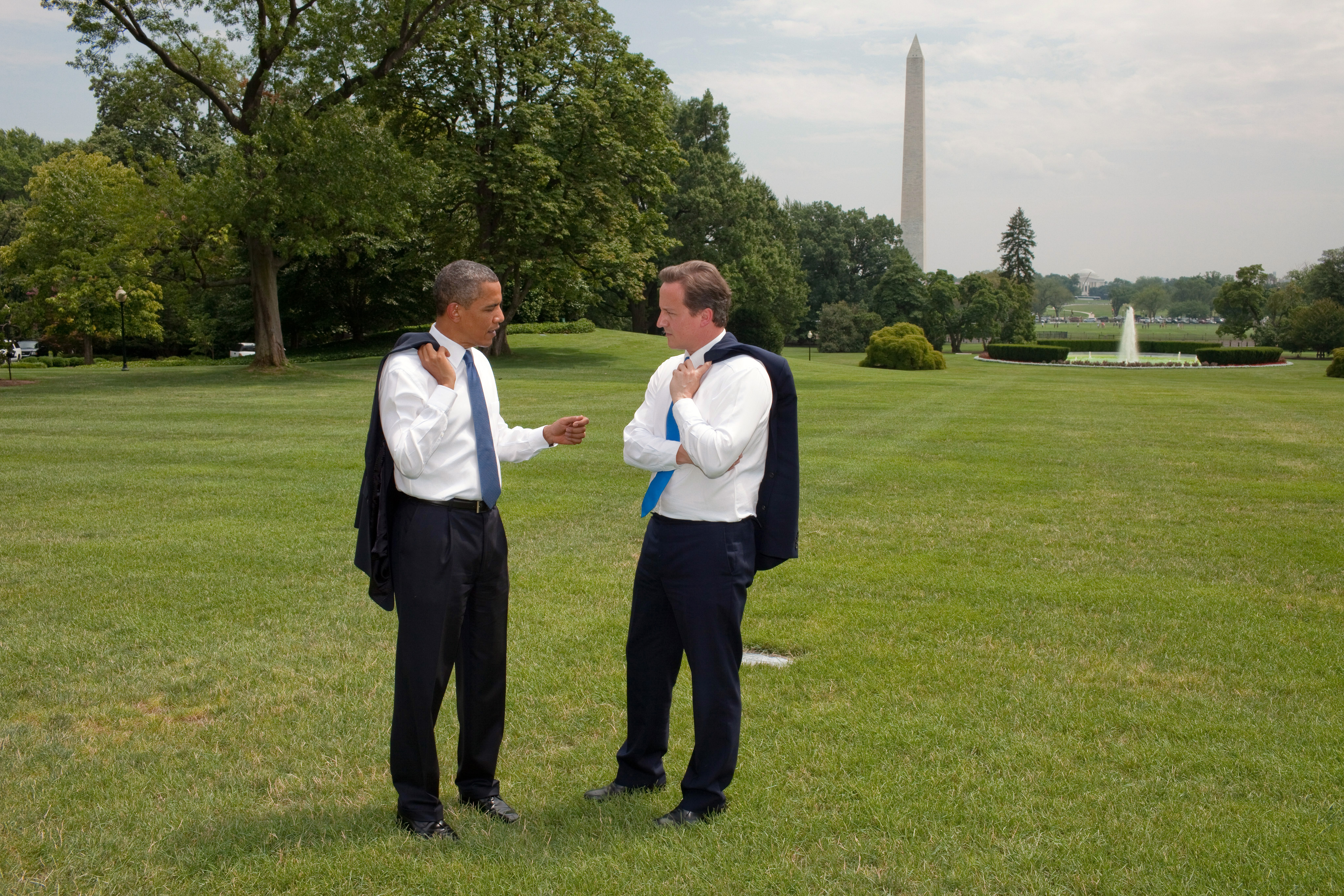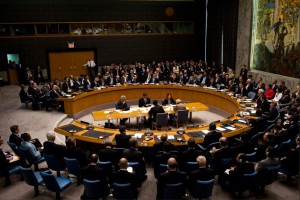 Turkish President Recep Tayyip Erdogan has built himself a new home, or rather a palace. The recently elected head of state has constructed a $615-million edifice on the western edge of Ankara. The grandiose piece of architecture consists of 1000 rooms, making it much larger than the White House and the Kremlin. In fact, the president’s residence is four times the size of the palace of Versailles in France and comes with a new custom built $185-million Airbus jet.
Turkish President Recep Tayyip Erdogan has built himself a new home, or rather a palace. The recently elected head of state has constructed a $615-million edifice on the western edge of Ankara. The grandiose piece of architecture consists of 1000 rooms, making it much larger than the White House and the Kremlin. In fact, the president’s residence is four times the size of the palace of Versailles in France and comes with a new custom built $185-million Airbus jet.
Aside from the anticipated outcries against Erdogan’s blatant misuse of public funds, critics have pointed to the environmental consequences of the palace. Prior to construction, an Ankara court claimed the area as an environmental reserve, and made a ruling to protect its forests. Erdogan ignored the court and had hundreds of trees cut down to make way for construction. In response to the public criticism of his disregard for the national reserve, Erdogan has stated: “If they [the judges] have the power to demolish it [the new palace], let them, I shall sit in it.”
Erdogan’s actions are representative of his desire to strengthen the largely ceremonial role of the president. After being elected last August, Erdogan said that he would like to replace the Turkish parliamentary system with a presidential one. So far, he has already begun to chair weekly cabinet meetings, something rare for the head of state. However, Erdogan will have to obtain a two-thirds majority in parliament to change the constitution and introduce a presidential system.
 Other concerns surrounding Erdogan’s election stem from the fear of the secularists that he wants to implement Islamist rule in Turkey. Recent changes in Turkish education are a warning signal for some individuals. The number of religious Islamic clerical training schools has doubled in the last five years. Additionally, many have claimed that Erdogan has an obsession with Islamic piety and has used it to cover the suggestions of corruption that have been levelled against him. The Turkish parliament has also increased its grip on the Internet and passed legislation that allowed websites to be blocked for four hours without government authorisation.
Other concerns surrounding Erdogan’s election stem from the fear of the secularists that he wants to implement Islamist rule in Turkey. Recent changes in Turkish education are a warning signal for some individuals. The number of religious Islamic clerical training schools has doubled in the last five years. Additionally, many have claimed that Erdogan has an obsession with Islamic piety and has used it to cover the suggestions of corruption that have been levelled against him. The Turkish parliament has also increased its grip on the Internet and passed legislation that allowed websites to be blocked for four hours without government authorisation.
As Erdogan develops his “New Turkey”, the international community will have to remain on guard against Turkish authoritarianism. It is possible that the domestic unrest that erupted in 2013 over similar changes will once again become commonplace in Turkey, as the public reacts to Erdogan’s increasingly religious regime.




